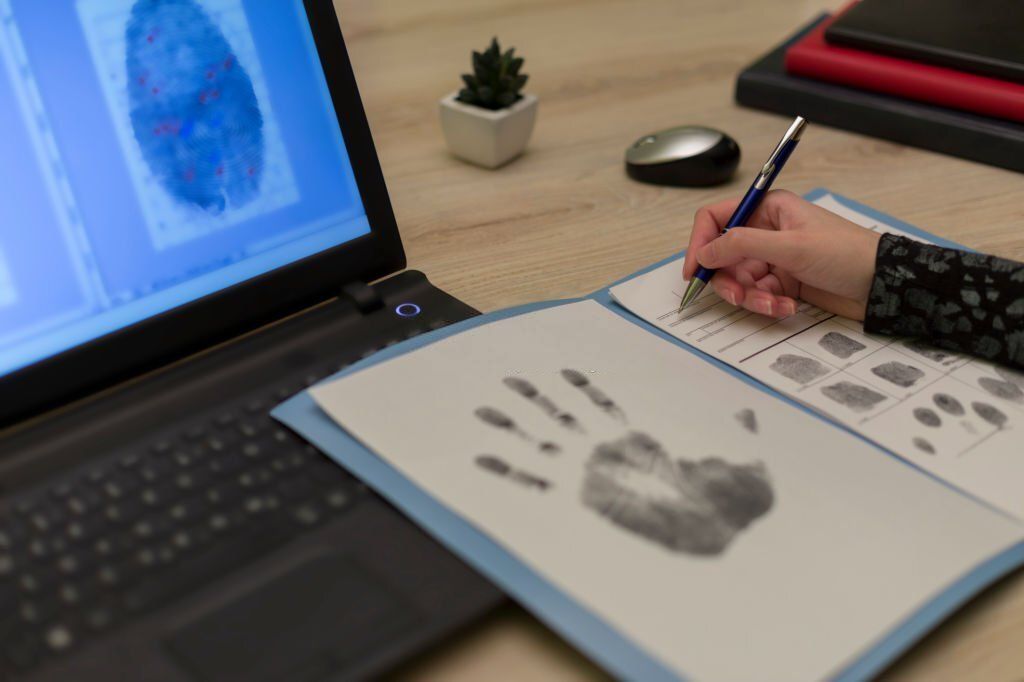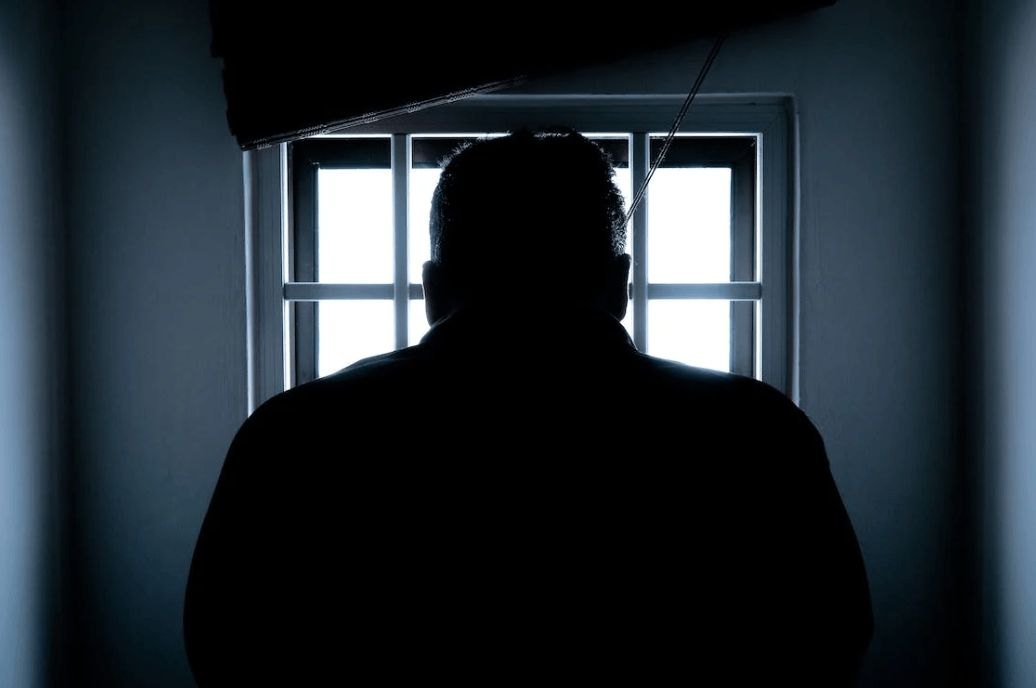BACKGROUND CHECKS
Background Checks
There are diverse reasons why private investigators are hired to conduct background checks. While the nature and purpose of the background check vary, the basic premise is to dig for more information and find the truth in order to make a sound, life-changing decision.
Hiring a PI to run a background check can be a very emotional undertaking. But having a trusted partner will save you from financial loss, a court trial, or a ruined reputation. Take back your peace of mind! Choose a trustworthy partner in your corner to conduct a comprehensive background check.
Contact Alibi Investigations today.

Background Check Services
At Alibi Investigations, we specialize in background check services to ensure you have
strong and valuable evidence gathered in an efficient and timely manner.
Criminal
It’s crucial to check an individual’s record for any criminal offenses committed. Alibi Investigations’ private investigators will dig through public and sealed records using multiple tools and methods that no one else has.
Internet Dating
Finding a potential lifetime partner online might be the easiest route, but it is vital to hire a private investigator to conduct online dating investigations to find out that the other person is “for real”.
Pre-Employment Screening
This requires authorization from the applicant. Also, the employer must adhere to the Fair Credit Reporting Act and state and federal laws. The applicant must also get a copy of the report upon completion.
Pre-matrimonial
How well do you know the person you’re going to marry? You owe it to yourself and your family to dig up some dirt before you make a major life decision. Don’t rely on your guts—hire an experienced pre-matrimonial private investigator.
Social Media Investigation
Need strong evidence fast to make your case? Alibi Investigations is an expert in social media investigations. We search across multiple social media accounts to cross-check information about the subject.
Comprehensive Background Checks
Uncovering the truth takes more than just scratching the surface. You need a reliable and trustworthy private investigator that uses effective tools and methods to expertly discover facts, gather strong evidence, and eliminate any reasonable doubt.
Alibi Investigations is an attorney-owned private investigation firm in Sarasota, Florida. We have performed extensive background checks on various cases for more than 40 years, with no complaints filed against us. Our
expert investigators in all major cities in Florida are ready to take on and crack your case wide open. Call us today for a free consultation.
FAQs About Background Checks
-
What Are The Type Of Background Checks You Perform
At Alibi Investigations we perform the following background checks,
-
How Long Does A Background Check Take?
A background check can vary in its duration depending on the complexity and thoroughness of the check being conducted. In the state of Florida, as of September 2022, a basic background check (such as those run by employers or landlords) typically takes anywhere between a few minutes to 72 hours if the check is run electronically.
-
What Is A Background Check?
A background check is a process used to verify an individual's personal, professional, and financial records. It's a broad term, often used in the context of pre-employment screening, tenant screening, or as part of a legal process.
A typical background check might include:
- Criminal Records: This involves checking local, state, or federal databases to find out if the individual has any criminal history.
- Credit History: For jobs involving financial responsibilities, a credit check might be conducted to gauge the individual's financial reliability.
- Employment Verification: This involves confirming the individual's past employment, including job titles, dates of employment, and sometimes, reasons for leaving.
- Education Verification: It checks the validity of degrees, certificates, or educational claims made by the individual.
- Reference Checks: Speak with personal and professional references to learn more about the individual's character or work ethic.
- Driving Records: For jobs requiring driving, a motor vehicle report might be pulled to examine the individual's driving history.
- License and Certification Checks: For jobs requiring specific licenses or certifications, a check will ensure the individual holds the required credentials.
- Drug Testing: In some cases, a drug test might be part of a background check.
-
What is the purpose of conducting background checks in employment?
The purpose of conducting background checks in employment is to verify the accuracy of an applicants claims and to assess their suitability for a position. Employers use this information to ensure the safety, security, and integrity of the workplace, and to mitigate risks associated with negligent hiring.
-
Who bears the burden of proof in verifying information during background checks?
Generally, employers bear the burden of proof in verifying information during background checks. They must demonstrate due diligence in investigating the backgrounds of potential employees to confirm their qualifications and identify any potential legal or security issues.
-
What kind of information is typically included in a pre-employment background check?
A typical pre-employment background check may include verification of identity, criminal records, credit history, educational credentials, employment history, references from past employers, and sometimes drug testing results.
-
Are there legal restrictions on what can be included in a background check for employment?
Yes, there are legal restrictions on what can be included in a background check. These vary by jurisdiction but can include limitations on checking certain types of criminal records (like expunged or juvenile records), credit history (in some states), medical history (under the Americans with Disabilities Act), and more. Compliance with laws such as the Fair Credit Reporting Act (FCRA) is mandatory.
-
How do privacy rights affect an employees or applicants experience with background checks?
Privacy rights limit how much personal information an employer can obtain and use during a background check process. Applicants have rights under various laws like FCRA which require employers to obtain consent before conducting certain types of background searches and to provide notification if adverse action is taken based on results from these reports. Employers must balance their need for information with respecting individual privacy rights.

Get in Touch
Let us gather all the information and present the evidence in black and white.
Call us today for a free consultation.
ADDRESSES
Corporate Office & Areas We Serve
Bradenton: 6903 9th Ave NW Bradenton, FL 34209
Sarasota: 1990 Main St, Sarasota, FL 34236, United States
Florida License: A-3200187
GA License: PDC002974
Locations Served
Private Investigator Fort Lauderdale
Private Investigator Fort Myers
Private Investigator Jacksonville
Private Investigator Georgia
QUICK LINKS
All Rights Reserved | Alibi Investigations








